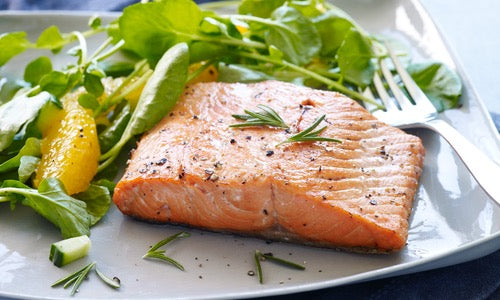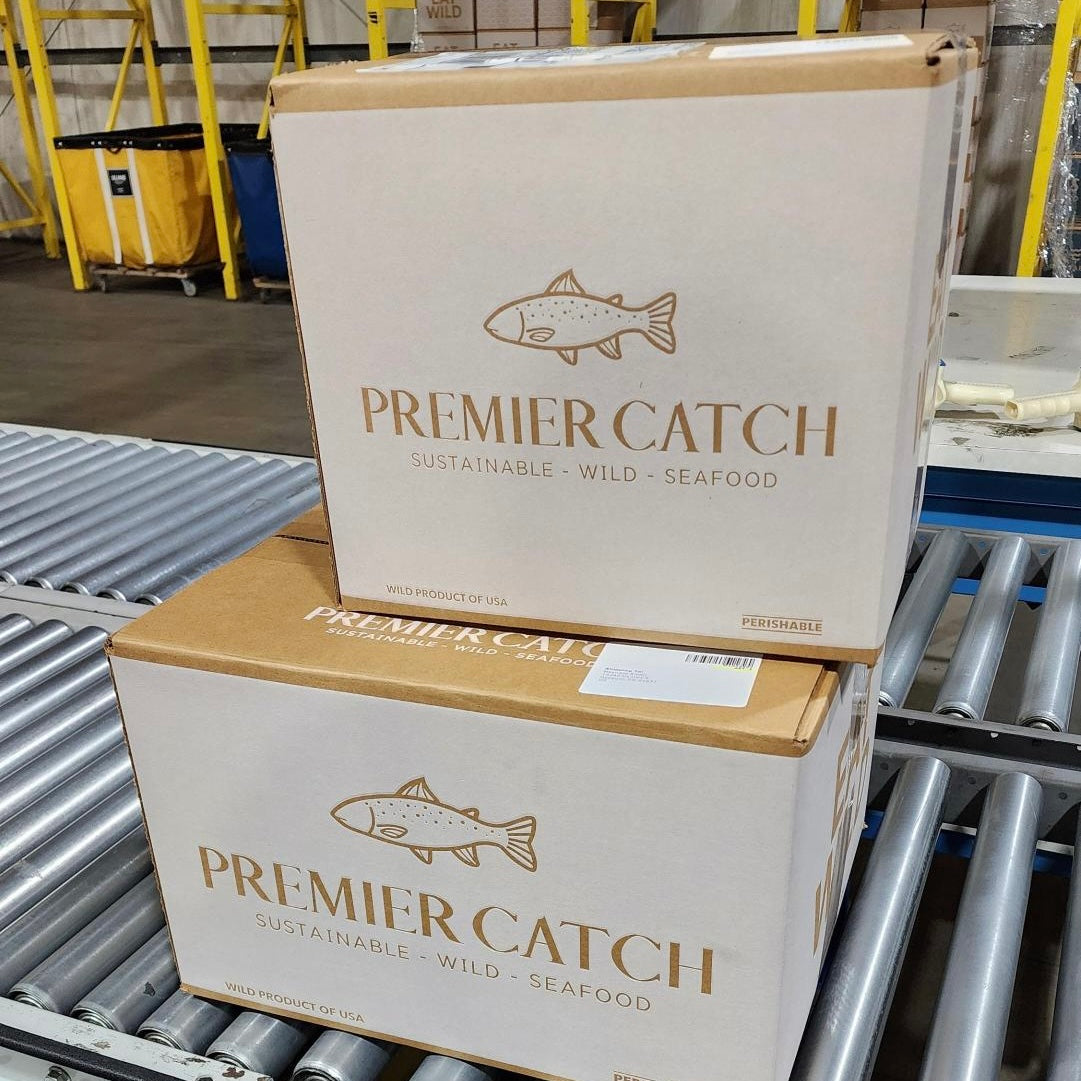Nearly 50 million Americans are currently struggling with their mental health, and over half will go untreated. This includes depression and anxiety as well as behavioral and emotional disorders. In Washington, these challenges especially worsened among young people throughout the pandemic. According to a Washington Healthy Youth Survey, 38 percent of 10th graders reported feeling sad or hopeless in the last year.
Fortunately, there is growing acceptance for talking about mental health and finding ways to treat and address the emotional and psychological challenges that are common among people of all ages and backgrounds. In addition to breathing techniques, meditation, and stretching, one of the most effective tools we have to cope with stress and possibly even reduce symptoms of mental illness is to improve something we do every day: eat.
Healthy eating can be a difficult goal to navigate. We are bombarded with new trends and pseudoscientific tips that are constantly changing and contradicting each other. Additionally, food is personal, and we often lean on it more than we should – a cupcake cannot give you a hug - but instead of focusing on foods we should lessen or remove like many fad diets suggest, I propose an alternative. Let’s eat more seafood.
Seafood is found throughout the scientific literature on health, wellness, recovery, stress, performance, and yes, brain health. It’s the combination of omega-3 fatty acids, complete protein, and trace minerals that make seafood an absolute powerhouse when it comes to a long healthy and happy life. The Mediterranean diet often receives praise due to its inclusion of seafood along with legumes and colorful vegetables and fruits. Eating fish 1-2 times per week is shown to reduce the risk of dying from heart disease by 36%, lower your risk of Alzheimer’s Disease, reduce the risk of major depression, improve inflammatory markers and performance in athletes; the list goes on and on. The American Psychiatric Association even endorses the consumption of fatty acids in fish as an effective part of depression treatment.
The most recent Dietary Guidelines also found compelling evidence that seafood consumption during pregnancy improves many measures of kids’ brain development, and those benefits tended to be higher with increased consumption. Eating seafood helps kids feel calmer and do better in school, and the benefits have been proven to outweigh the concern of potential risks related to mercury, dioxins or PCB’s based on the strength of evidence and magnitudes of effect – even in women of childbearing age. There should be no more controversy or confusion over the role of fish consumption in a healthy diet.
Currently, there is a coalition of over 200 industry and non-profit leaders from the seafood community, as well as nutrition professionals and everyday Americans, asking Congress to fund a national seafood promotional program that would promote seafood as a nutritious part of a balanced diet.
Mental health is a complicated issue that often requires a comprehensive approach. This can include professional help and medication, along with simple, everyday changes that we can make to lead healthier and more mindful lives. I urge all Americans to begin including seafood consistently in their diets and for Congress, including our delegation here in Washington, to support promoting seafood consumption. Just like one unhealthy meal won’t ruin your health, one healthy meal won’t improve it by leaps and bounds. Nutrition is about consistency, and I hope to see more seafood on American dinner tables each week. Both your body and mind will thank you.


